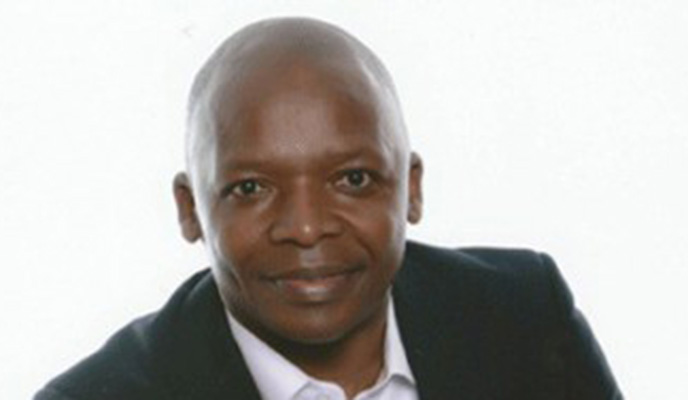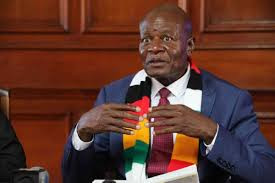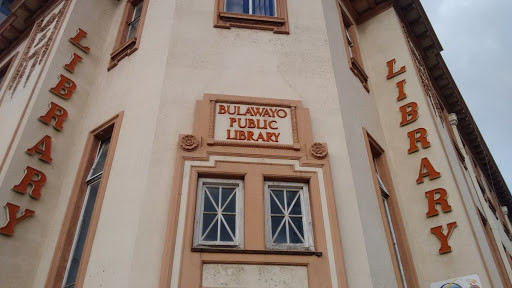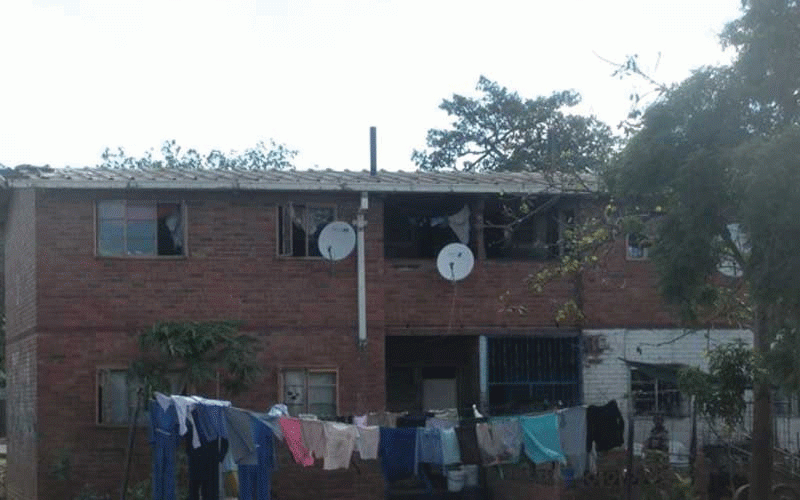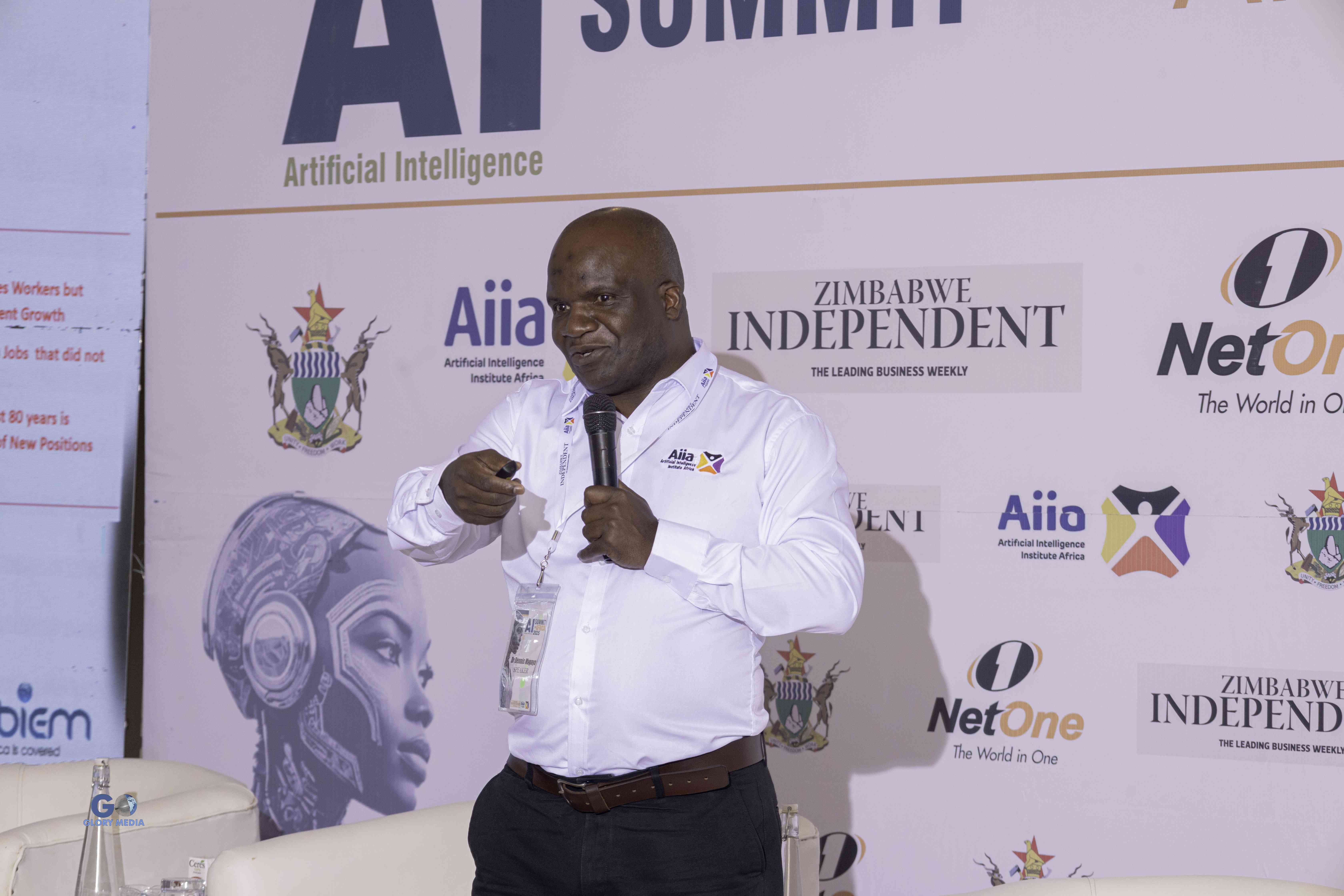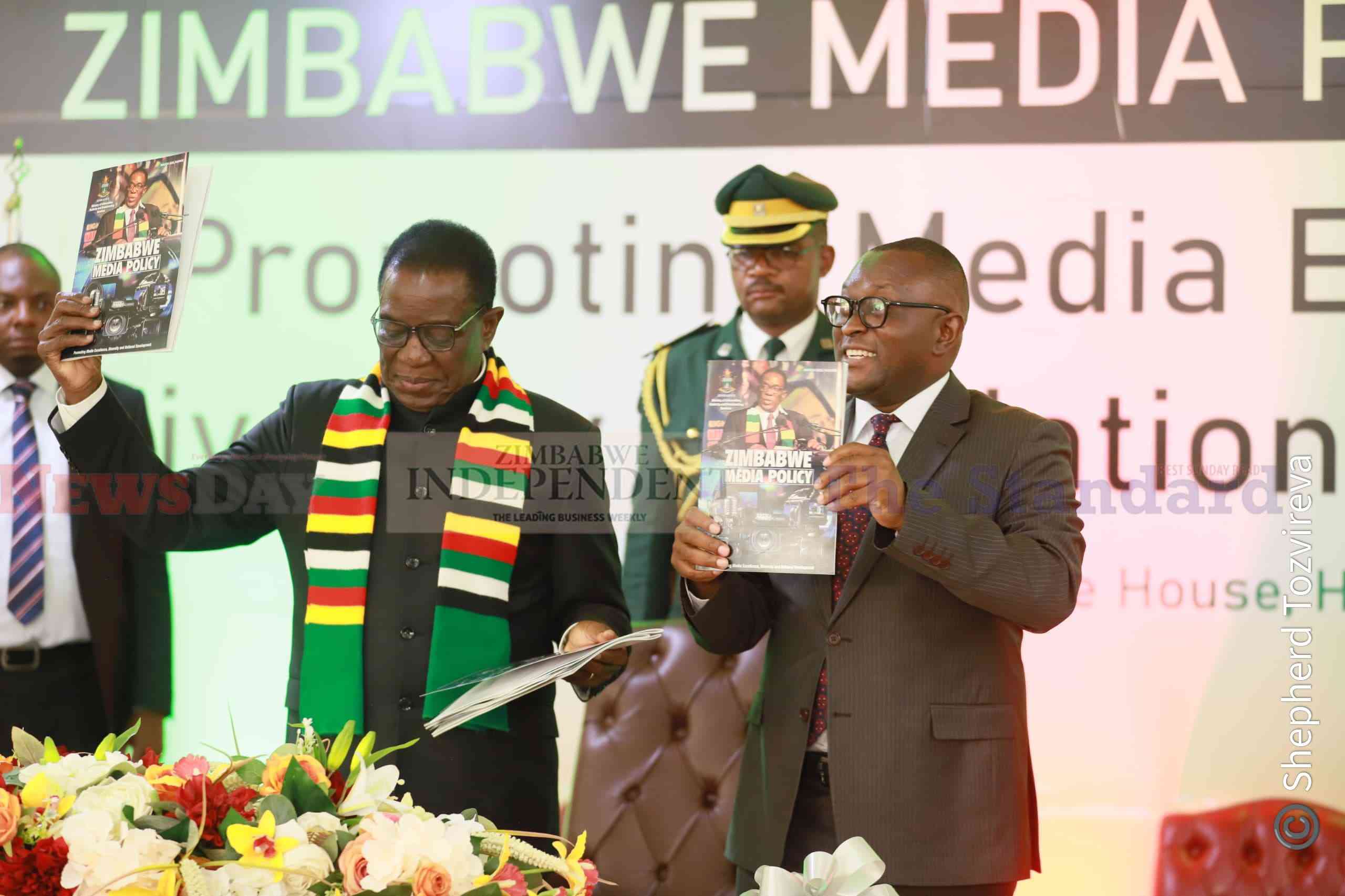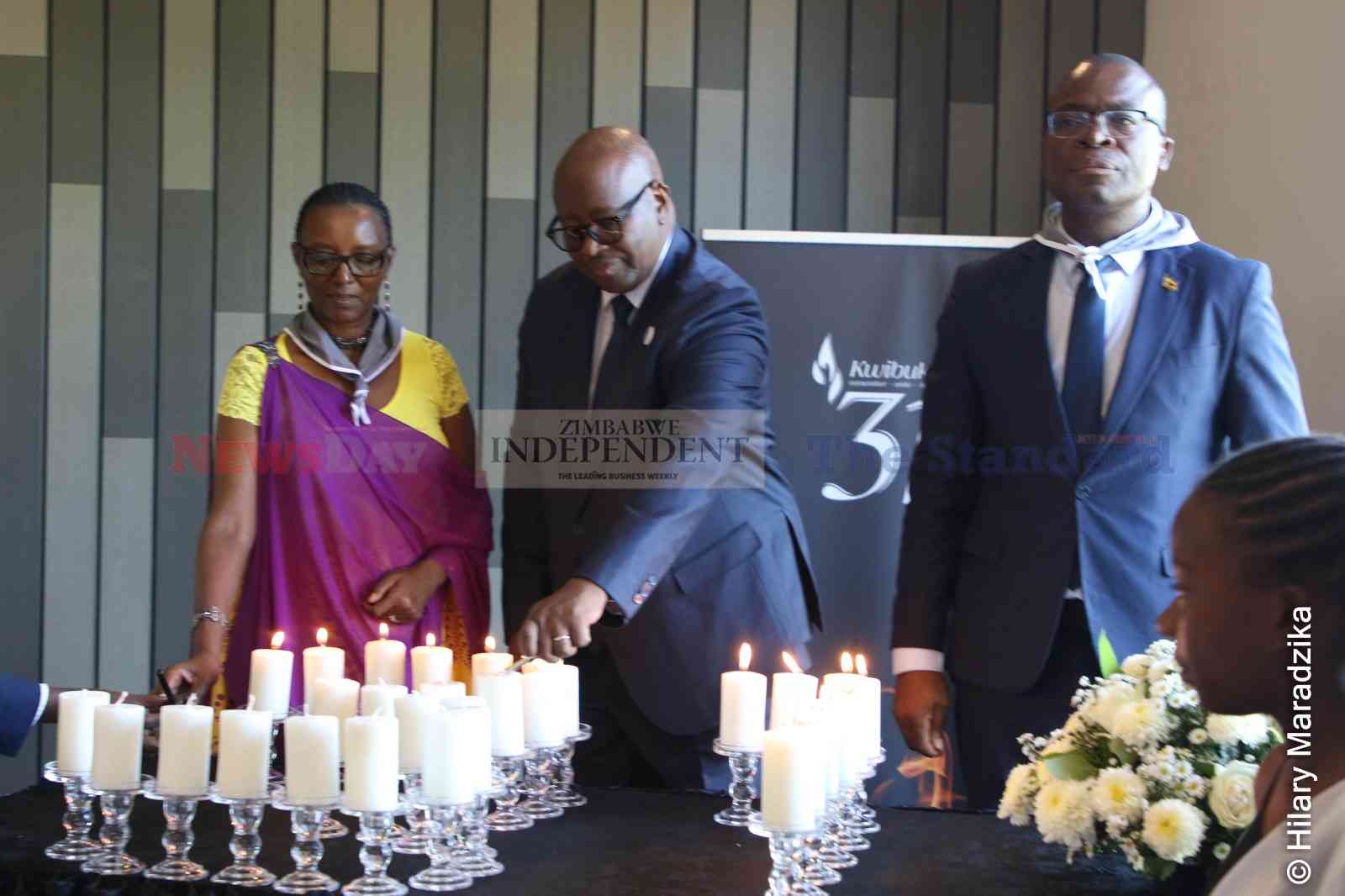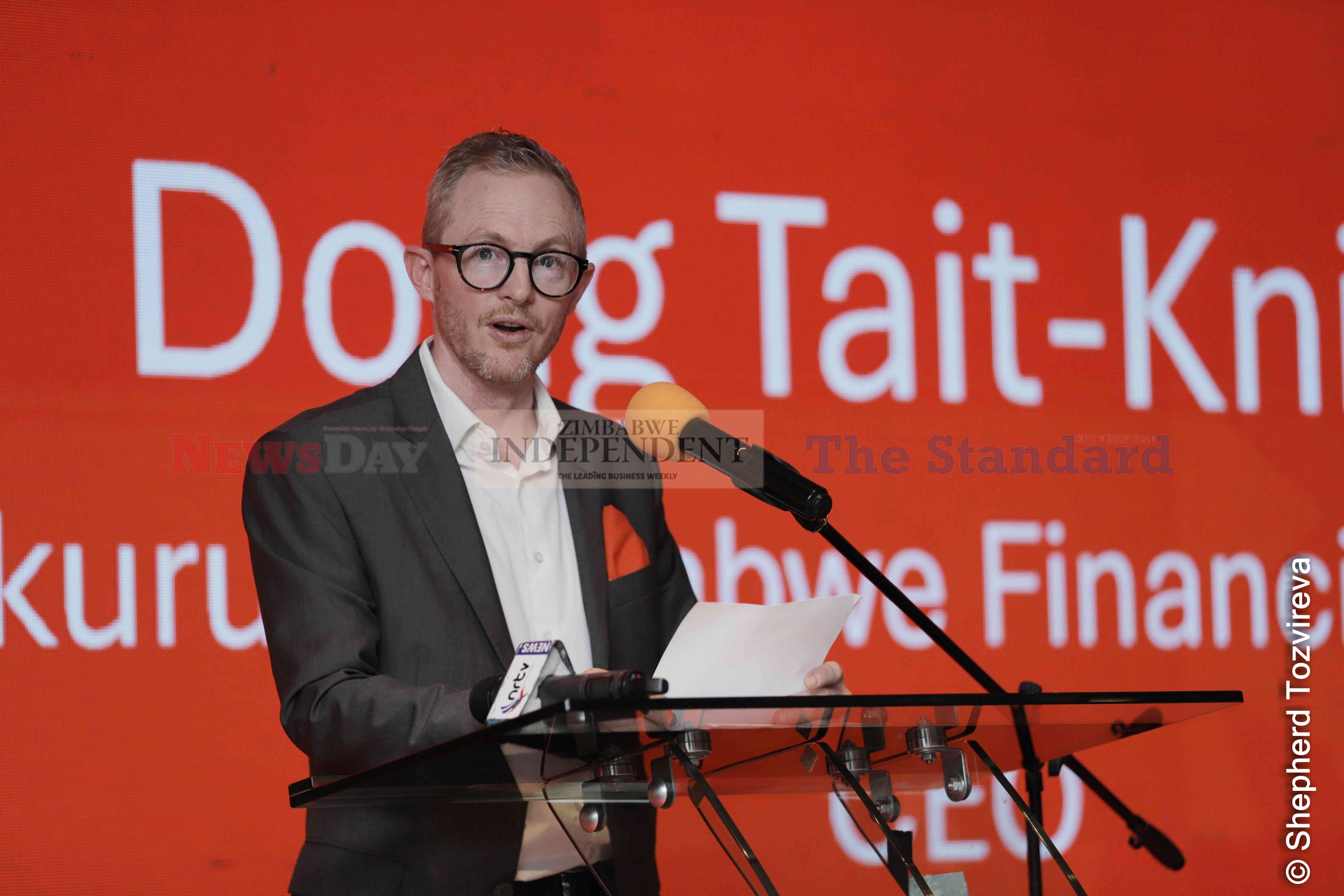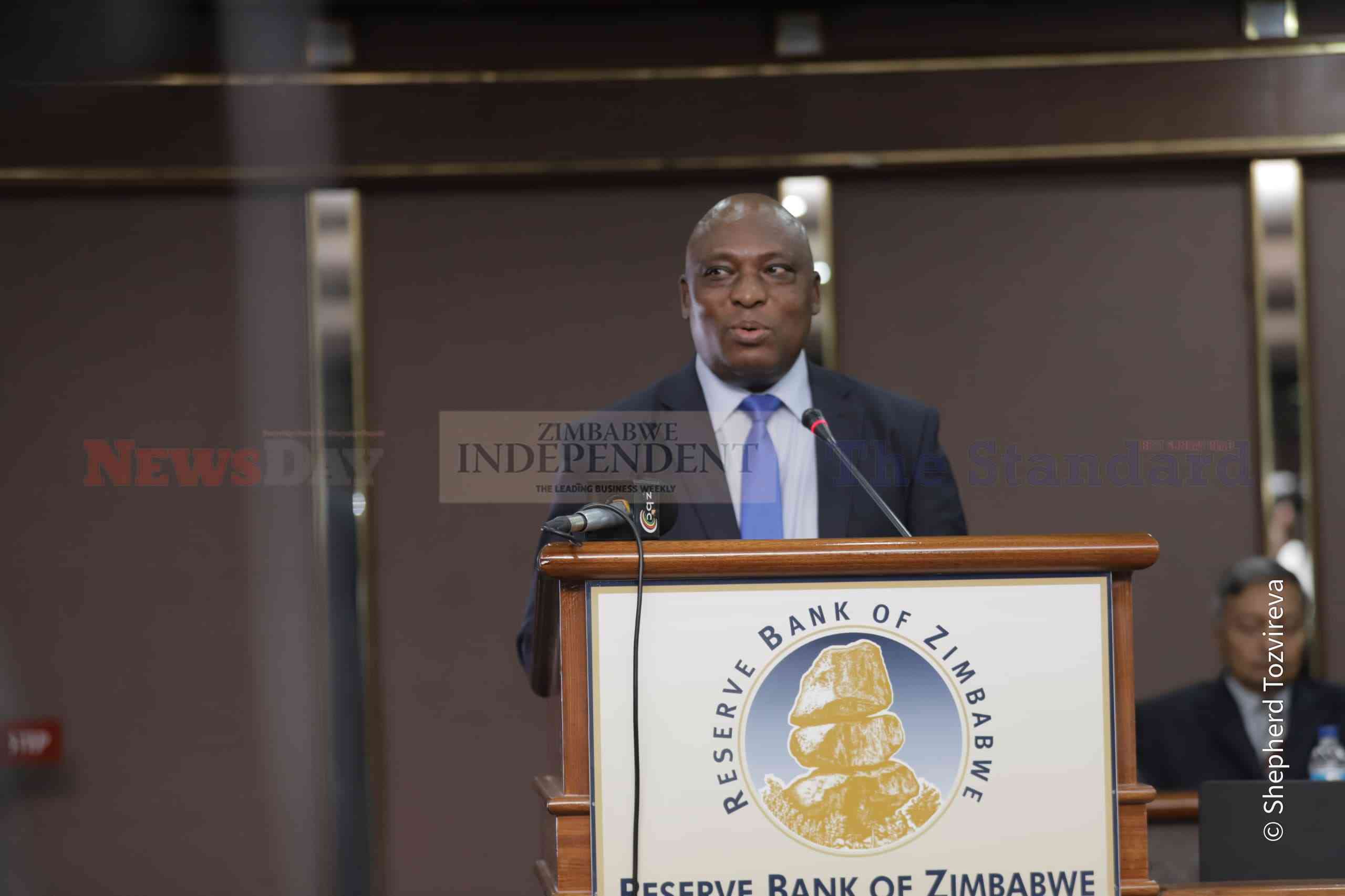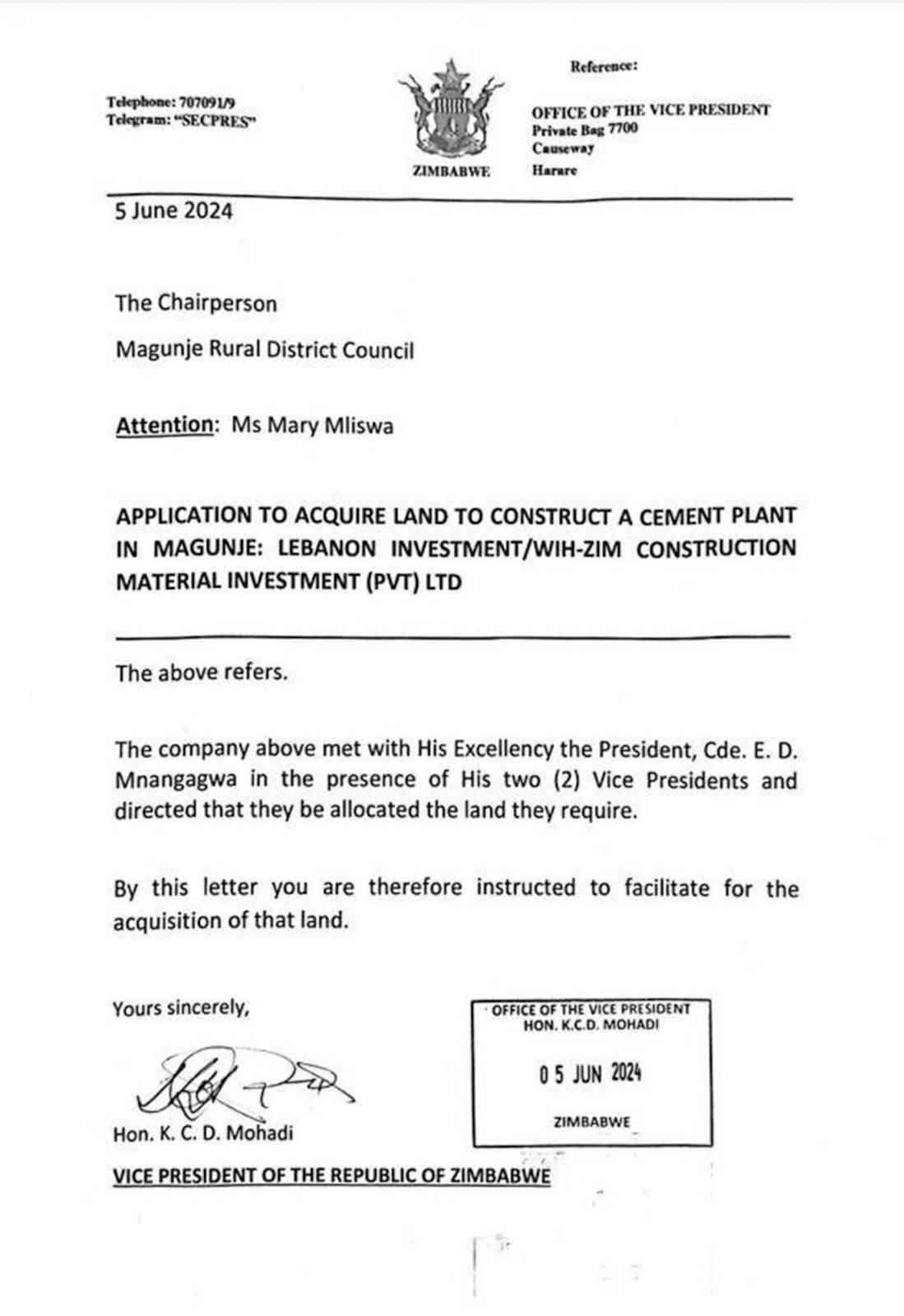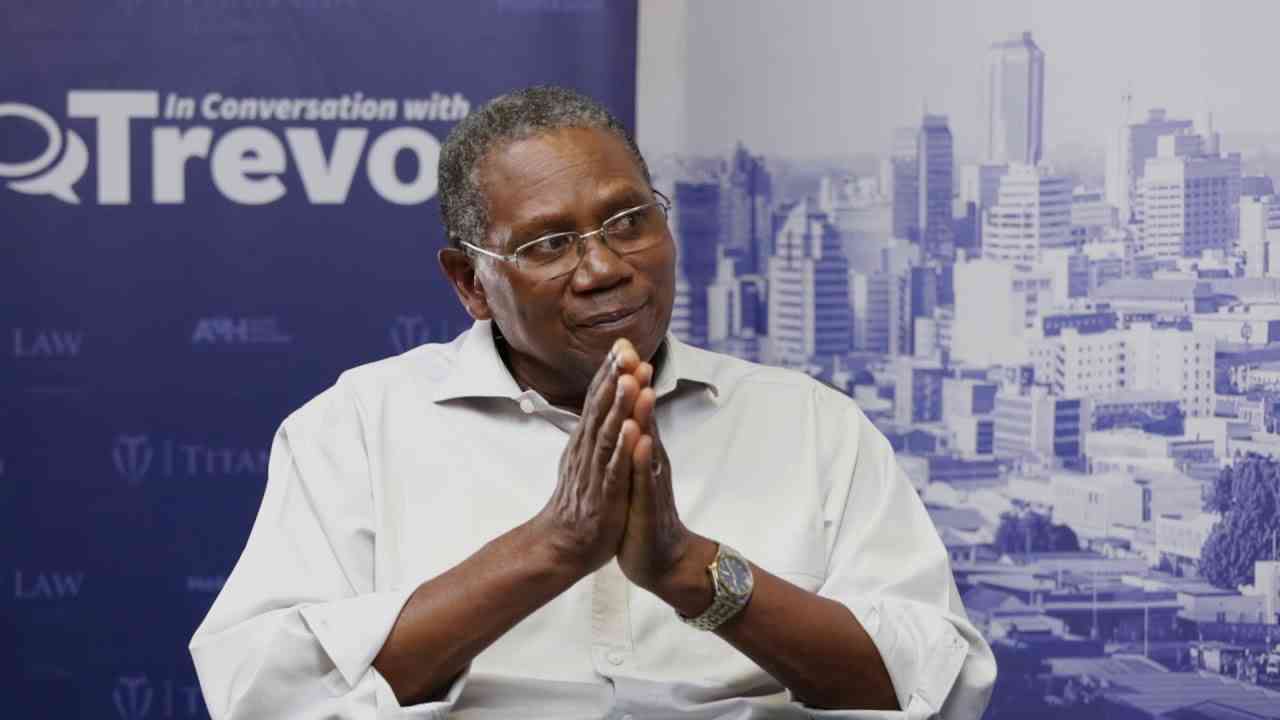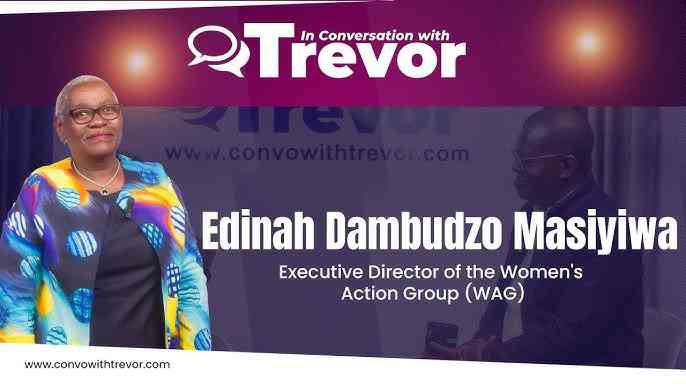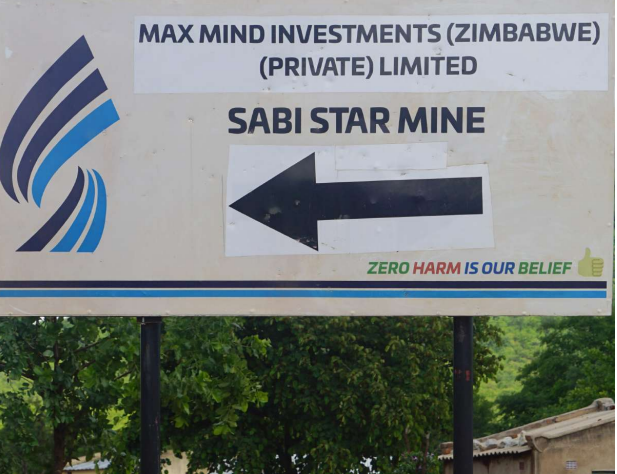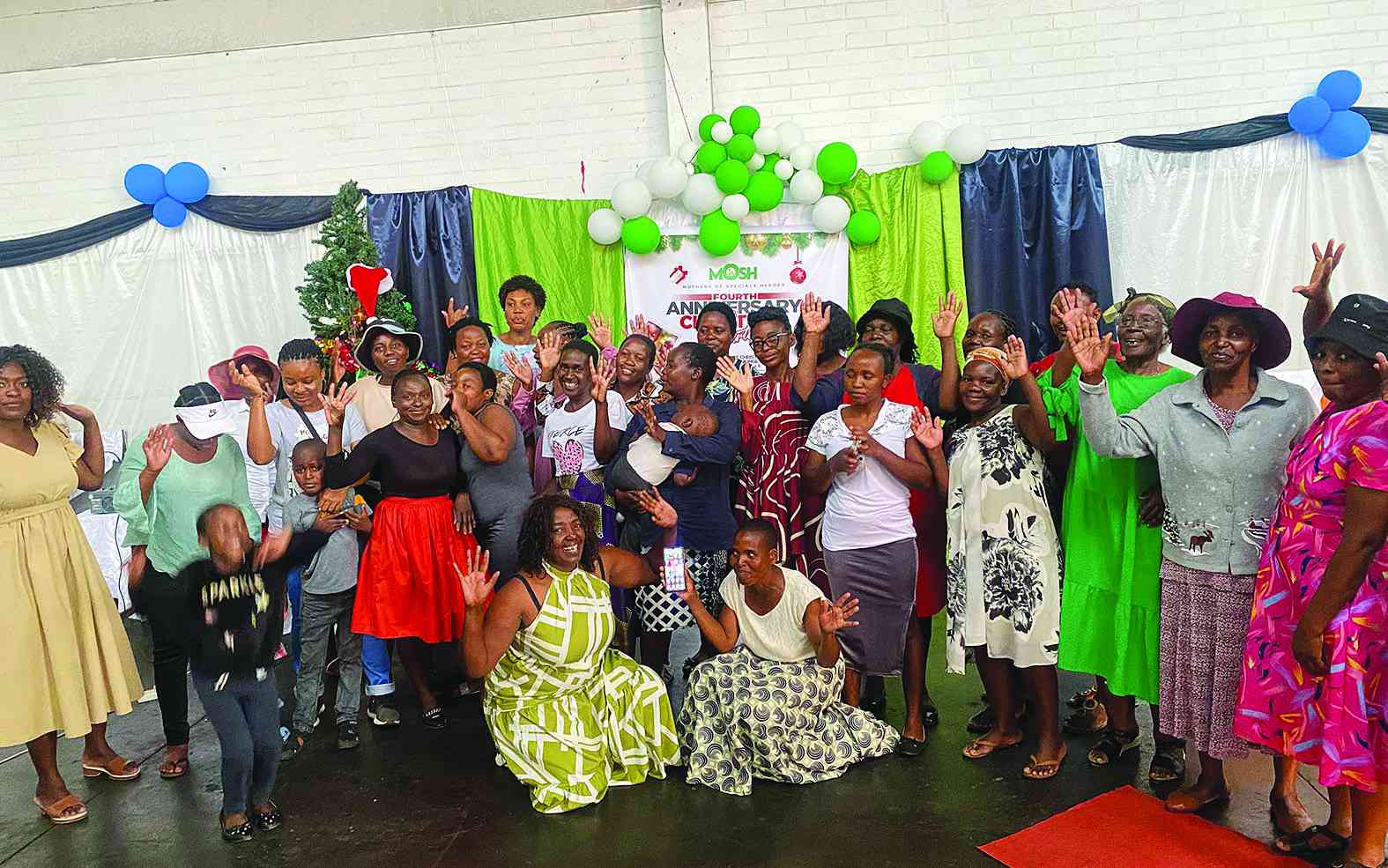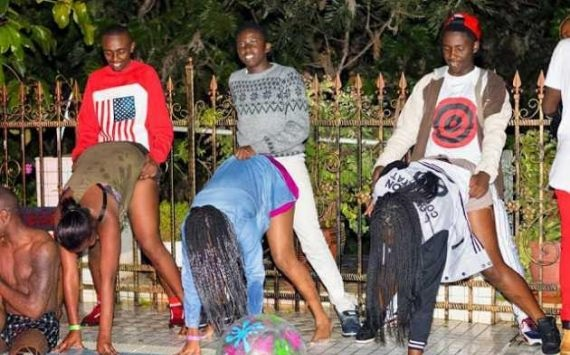BCC apologises over refuse collection chaos
Local
By Nizbert Moyo | 23h ago

“The city is facing a shortage of refuse compactors,” Coltart said.
Gwanda anti-stocktheft group recovers 21 donkeys stolen from Botswana

He also hailed the Zimbabwe Republic Police (ZRP) for their excellent co-operation in tackling crime in Matabeleland South province.
By Silas Nkala
23h ago
Nkulumane: Opposition's Christmas gift to Zanu PF
By Silas Nkala
Dec. 10, 2025
Matobo drops service charges to lure investors
By Nizbert Moyo
Dec. 10, 2025
Why demand for houses is rising in Bulawayo
Local
By Silas Nkala | Dec. 10, 2025
High Court Brings Finality to Long-Running Balwearie Name Dispute
The court ordered the applicants to pay costs on a stringent solicitor-and-client scale, describing their latest application as an abuse of process given the settled nature of the issues.
By Staff Reporter
21h ago
Zanu PF Nkulumane vote buying spree an indictment
By Southern Eye
Dec. 10, 2025
The forgotten river people of Binga
By Obert Siamilandu
Dec. 10, 2025
Will Litecoin Grow in the Future?
By The Standard
May. 4, 2021
Why is Golix the best exchange in Zimbabwe?
By The Standard
May. 4, 2021
What are the best ways to store cryptocurrency?
By The Standard
May. 4, 2021
5 Best Altcoins to Make High Profits.
By The Standard
May. 4, 2021
Kenya’s ivory burning raises questions
By The Standard
May. 3, 2016
Grace, a virtual law unto herself
By The Standard
Mar. 29, 2016
Salute to MPs for stopping minister’s abuse of power
By Southern Eye
Dec. 4, 2025
Save Bulawayo’s iconic library
By Southern Eye
Nov. 13, 2025
Illegal mining scarring Shurugwi’s land and future
By Southern Eye
Oct. 23, 2025
Bulawayo deserves leadership renewal
By Southern Eye
Oct. 15, 2025
Gweru cannot survive on colonial relics
By Southern Eye
Oct. 1, 2025
Makokoba redevelopment: Another empty promise
By Southern Eye
Sep. 24, 2025
How Billy Markus invented Dogecoin
If you know anything at all about cryptocurrencies, you can’t have failed to notice their dramatic increase in value of late. Of course, the original of these cryptos is Bitcoin and this is still the one that steals the headlines and sets the standards. Wherever Bitcoin may go, the anticipation is that this is where […]
By The Standard
Jan. 19, 2022
Liquid joins forces with Google for Congolese adventure
By The Standard
Sep. 22, 2021
Musariri’s vision to transform PSL

Musariri’s blend of practical club management experience and ambitious commercial vision positions him as a compelling contender for the top job.
By Munyaradzi Madzokere
Jul. 17, 2025
Festive lights, political fights: A week in the city
By Ink Whispers
Dec. 4, 2025
Alan Redfern Primary School revels in its success
By Margaret Lubinda
Dec. 4, 2025
AMH journo publishes award-winning IsiNdebele novel
By Margaret Lubinda
Dec. 4, 2025
Inside Lungile Bonga’s powerful debut Umakhelwane

The Kwaito Boy mentioned that he was inspired by artists such as Skhu and Pozeey, Mandoza, Brown Dash, and Arthur Mafokate.
By Nokuxola Mbangeni
Nov. 27, 2025
Discipline of delay
By Mthulisi 'khulugatsheni' Ndlovu
Nov. 27, 2025
No favourites: Insist female poets
By Mpumelelo Moyo and Langelihle Nyathi
Nov. 27, 2025
Mzansi Magic’s Inimba tackles taboo of male infertility
By Mpumelelo Moyo
Nov. 20, 2025
Esther Zitha throws her hat in
By Ink Whispers
Nov. 20, 2025
Youth group promotes heritage tourism
By Nokuxola Mbangeni
Nov. 13, 2025
.
Videos
Thebe Ikalafeng, Founder and Chairman of Brand Africa In Conversation With Trevor
By The NewsDay
Dec. 9, 2025
Thelma Chimbganda,Co- Founder& Chief Logistics Officer of Beyond Borders In Conversation With Trevor
By The NewsDay
Nov. 12, 2025
Shingai Mutasa, CEO of Masawara Plc In Conversation With Trevor
By The NewsDay
Nov. 12, 2025
Chinese chase away Hurungwe Villagers from homes
By The NewsDay
Sep. 26, 2025
Dr Simba Makoni, Ex-Finance Minister and Farmer In Conversation with Trevor
By The NewsDay
Jul. 30, 2025
Edinah Masiyiwa, Executive Director At Women's Action Group In Conversation With Trevor
By The NewsDay
Jul. 30, 2025
Fadzayi Mahere, Zimbabwean lawyer and politician In Conversation With Trevor
By The NewsDay
Jul. 30, 2025
Awareness drive urges early pancreatic cancer detection
Cruciferous vegetables such as broccoli and cauliflower are associated with a reduced risk due to their fibre, antioxidants and phytochemical content.
By Cimas
Dec. 12, 2025
New EU envoy hails artistic depth of partnership in launch of 2026 calendar
It was produced in collaboration with the travelling Bepa Gallery, curated by Joanna Powell and Josefina Pierucci.
By Khumbulani Muleya
Dec. 12, 2025
Is Zim really middle-income economy?
By Trust Chikohora
Dec. 12, 2025
Ncube must wake up, face reality
By Harry Wilson
Dec. 12, 2025
Future of digital transformation on procurement performance
By Charles Nyika
Dec. 12, 2025
Premium
Lake Chivero housing project takes shape
The initiative aims to integrate the families into the company's planned mixed housing scheme.
By Tinashe Kairiza
4h ago
Premium
Violence: Why British envoy’s Shona plea has gone viral
The clip is now being broadcast on local radio stations, circulated on social media platforms and screened in community centres across Zimbabwe.
By Austin Karonga
4h ago
Sabi Star mine caught in a clash between culture, custom and modern ideals

Sabi Star mine caught in a clash between culture, custom and modern ideals
By Alfonce Mbizwo
22h ago












